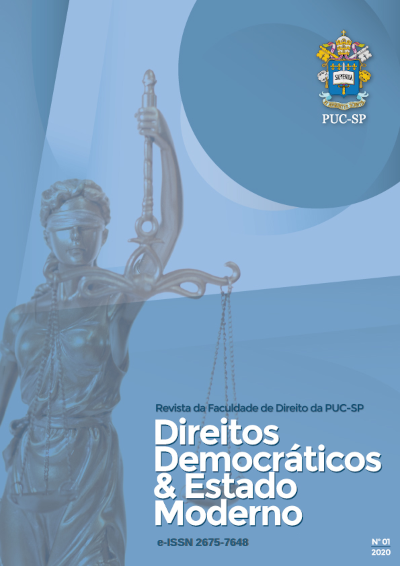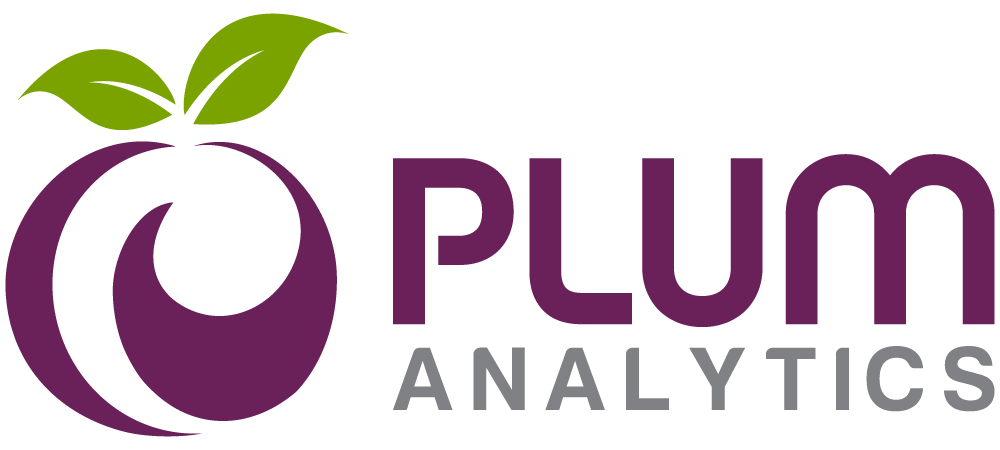THE NEW ROLE OF COMPANIES IN THE ENVIRONMENTAL PROTECTION
DOI:
https://doi.org/10.23925/ddem.v0i1.51052Keywords:
UN SDGs, Companies and the environment, Incentives for environmental protection, Economy and environment, Amazon and environmentAbstract
The purpose of this article is to analyze and highlight the companies' commitment to the environmental issue. The hypothetical-deductive method was used, with analysis of the doctrine, legislation, and news from the media. The research begins with the evolution of the subject environment and the disconnection of companies with the topic in the past. Then, initiatives taken by the United Nations - UN to boost the debate are examined, seeking to connect all the actors involved. As a result of international performance and the worsening of the environmental situation in the world, companies have gradually been involved not only in environmental debates, but also in the eradication of poverty. In addition to changes in the area, fires in the Amazon and the consequent negative economic effects for Brazil have led private entities to propose changes and put pressure on the government. In this new reality, companies are faced with demands and proposals to assume a new role regarding the environment.
References
BC Sustentabilidade. Banco Central lança agenda de sustentabilidade. Disponível em: https://climainfo.org.br/2020/09/10/banco-central-lanca-agenda-de-sustentabilidade/#:~:text=A%20chamada%20Agenda%20BC%23%20prev%C3%AA,do%20papel%20apenas%20em%202022. Acesso em: 19 out.2020.
BECKER, Michel. Perspectivas de mercado para madeira certificada. In: Revista da Madeira. Institut für Forstpolitik Arbeitsbereich Markt und Marketing Bertoldstr. Freiburg/AlemanhaMaio/2003 Disponível em: http://www.remade.com.br/br/revistadamadeira_materia.php?num=296&subject=Certifica%E7%E3o&title=Perspectivas%20de%20mercado%20para%20madeira%20certificada. Acesso em: 19 out.2020.
BRASIL. STF, Medida Cautelar apresentada em Ação Direta Inconstitucionalidade: ADI-MC 3540-DF, Tribunal Pleno, relator ministro Celso de Mello, j. 1º set. 2005, DJ 03-02-2006 pp-00014 ement. vol. 02219-03 pp-00528.
CARSON, Rachel. Primavera Silenciosa. São Paulo: Gaia, 2010.
GAVRAS, Douglas; BRONZATI, Aline. Com modelo que une sustentabilidade e inovação, cleantechs avançam no País. Jornal O Estado de São Paulo, Caderno Economia, 04/09/2020.
GIRARDI, Giovana. Projeto pagará por áreas preservadas. Jornal O Estado de São Paulo, Caderno Metrópole, 07/10/2020.
GOMES, Fábio Bellote. Manual de Direito Comercial. 2. ed. Barueri: Manole, 2007.
JAKITAS, Renato. Pesquisa indica os profissionais requisitados pela economia verde. Jornal O Estado de São Paulo, Caderno Economia, 03/09/2020.
LASCO, Thiago. Quando investir bem dá resultado. Jornal O Estado de São Paulo, Caderno Economia,17/08/2020.
LIMA, Camila Cardoso; HORÁCIO, Lincoln Rafael. Responsabilidade social empresarial: instrumentos de gestão para a sustentabilidade. Disponível em: <http://conpedi.danilolr.info/publicacoes/02q8agmu/mwkmtp48/Ih1TcMxwblp7gGkh.pdf>, p. 20. Acesso em: 20 out. 2020.
MACHADO, Paulo Affonso Leme. Direito Ambiental brasileiro. 24. ed. São Paulo: Malheiros, 2014.
MEIRELES, Leandro. Manifesto de Davos quer capitalismo consciente. Disponível em: <https://www.consumidormoderno.com.br/2019/12/16/manifesto-davos-capitalismo-consciente/>. Acesso em: 15 out. 2020.
NAÇÕES UNIDAS BRASIL. Objetivos de desenvolvimento sustentável. Disponível em: https://brasil.un.org/pt-br/sdgs. Acesso em: 12 out. 2020.
ODUM, Eugene P. Fundamentos de ecologia. Trad. de António Manuel de Azevedo Gomes. 4. ed. Lisboa: Fundação Calouste Gulbenkian, 1988.
PACTO GLOBAL. Disponível em: . Acesso em: 20 out. 2020.
POZZOLI, Lafayette, TOLEDO, Iara Rodrigues de. Análise do princípio constitucional da dignidade humana face a dimensão da afetividade e o direito fraternal. In: Problemata, v. 8. n. 1. João Pessoa: UFPB. 2017.
REQUIÃO, Rubens. Curso de Direito Comercial. 5. ed. São Paulo: Saraiva, 1975.
SAYEG, Ricardo. BALERA, Wagner. O Capitalismo Humanista. São Paulo: KBR Editora Digital Ltda., 2011.
SCHELLER, Fernando; SCARAMUZZO, Mônica. Não financiaremos empresas de carne que desmatarem. Jornal O Estado de São Paulo, Caderno Economia, 12/08/2020.
SILVA, Cleide; GIRARDI, Giovana. Baseadas em ativos da floresta, startups da Amazônia impulsionam a bioeconomia. Jornal O Estado de São Paulo, Caderno Economia, 23/08/2020.
SILVA JUNIOR, Altamiro. Fundos que administram US$ 16,2 trilhões lançam manifesto em defesa da Amazônia. Disponível em: <https://sustentabilidade.estadao.com.br/noticias/geral,fundos-que-administram-us-16-2-trilhoes-lancam-manifesto-em-defesa-da-amazonia,70003015654>. Acesso em 15 out. 2020.
USERA, Raúl Canosa. Constituición y medio ambiente. Lima: Jurista, 2004.
VALOR ECONÔMICO. Brasil ignora pressão externa contra destruição ambiental. Rio de Janeiro: 10/10/2020.
Downloads
Published
Issue
Section
License
Copyright (c) 2020 Democratic Rights & Modern State

This work is licensed under a Creative Commons Attribution 4.0 International License.
This work is licensed under a License Creative Commons Atribuição 4.0 Internacional.
The authors grant the journal all copyrights relating to the published works. The concepts issued in signed articles are the absolute and exclusive responsibility of their authors.
DD&EM Magazine - ISSN 2675-7648














